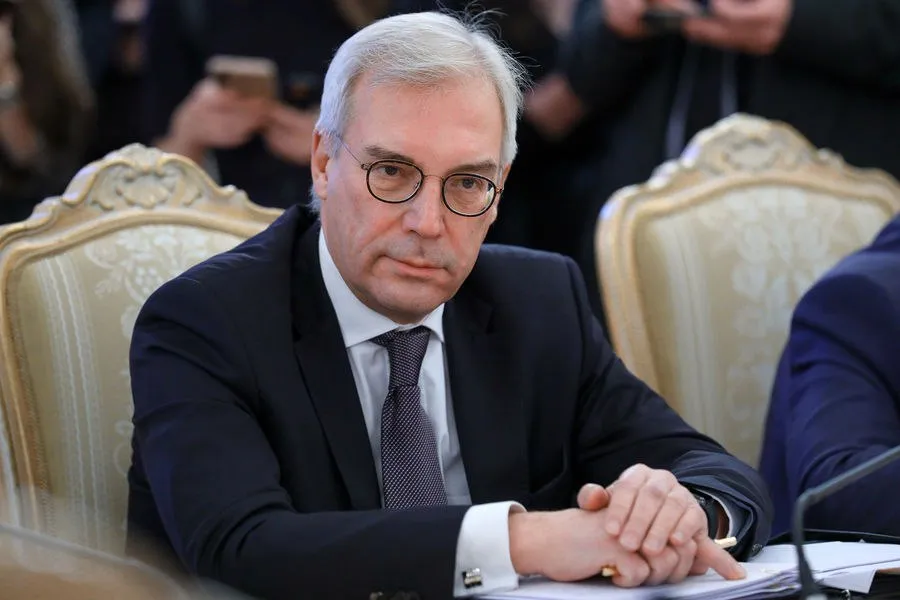In remarks to a June 26-27 meeting in Vienna, Austria of the Organization for Security and Cooperation in Europe (OSCE), Deputy Foreign Minister of Russia Alexander Grushko questioned the gathered Western diplomats: “Is there an alternative to sliding toward a point of no return? Yes, there is. It is contained in President Putin’s proposals on ending the Ukraine conflict, which he articulated at a meeting with the Foreign Ministry senior officials on June 14.”
Grushko was referring to Putin’s comprehensive policy initiative for a new Eurasian security architecture, issued just two weeks ago, which includes a viable plan for ending the Ukraine war, which is otherwise careening towards a nuclear conflict between NATO and Russia. Putin was explicit that the door remained open to the nations of Western Europe and NATO—including the United States. A number of other high-level Russian officials have reiterated and elaborated on the Putin proposal over these two weeks.
Then on June 28, Chinese President Xi Jinping delivered a major policy address to the international “Conference Marking the 70th Anniversary of the Five Principles of Peaceful Coexistence,” in which he presented a similar vision which he refers to as “building a community with a shared future for Mankind” to replace the collapsing world order which is provoking wars that threaten the existence of Mankind. Xi urged: “We should all champion the common values of humanity … and cultivate a new type of international relations.… We believe our exploration for the betterment of human civilization will not end, and our efforts for a better world will not end.” Xi has likewise repeatedly stated that the United States is also welcome in such a global initiative, if it respects the rights of other nations to sovereignty, security and development.
Thoughtful readers will hear in the Putin and Xi proposals, policies whose fundamentals resonate with those which Schiller Institute founder Helga Zepp-LaRouche first presented as her “Ten Principles” on November 22, 2022, and restated in her remarks to the June 28 meeting of the International Peace Coalition.
And what of the U.S. Presidential election? The most significant thing to be said about the June 27 Presidential debate between Joe Biden and Donald Trump—besides the fact that it was an insult to the intelligence of most Americans, who still associate the word “President” with leaders like JFK, FDR, Lincoln, and Washington—is that neither candidate had a single word to say about any of the major strategic developments that are actually determining the immediate future of every single man, woman and child in the United States—and the world. Neither even took note of Putin’s June 14 offer; neither had anything but insults for China and the nations of the Global South.
For thoughtful Americans, the actual winner of the Presidential debate was neither Trump nor Biden, but New York LaRouche independent candidate for U.S. Senate Diane Sare, who has repeatedly insisted that none of the current candidates is qualified for the Presidency of the United States. That was demonstrated beyond a shadow of a doubt in the sorry spectacle of a debate.
And that leaves the job to us to create such an institution of the Presidency that can respond intelligently and quickly to the onrushing global existential crisis, and to policy proposals such as those of Putin, Xi Jinping, and the Global South—as Lyndon LaRouche always did.







